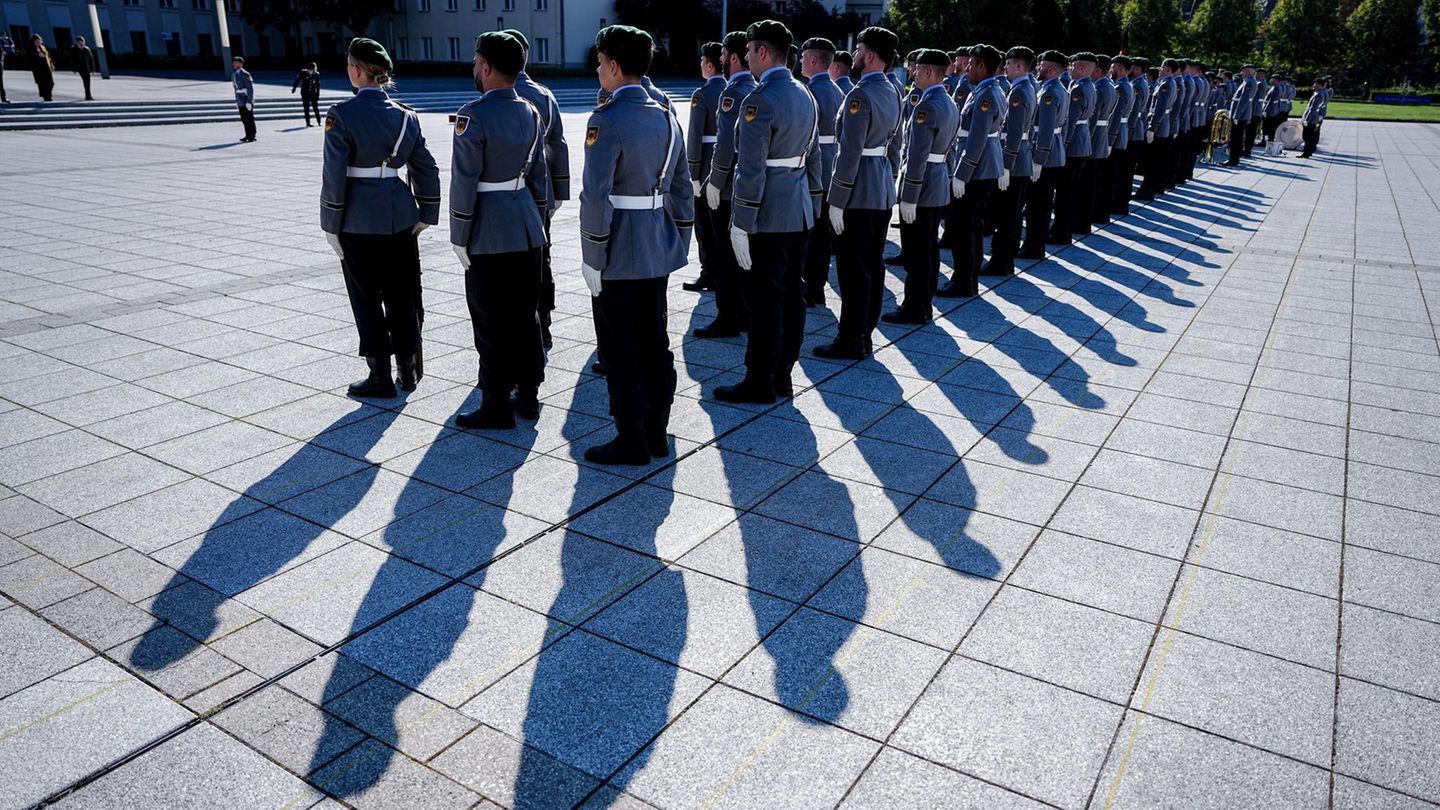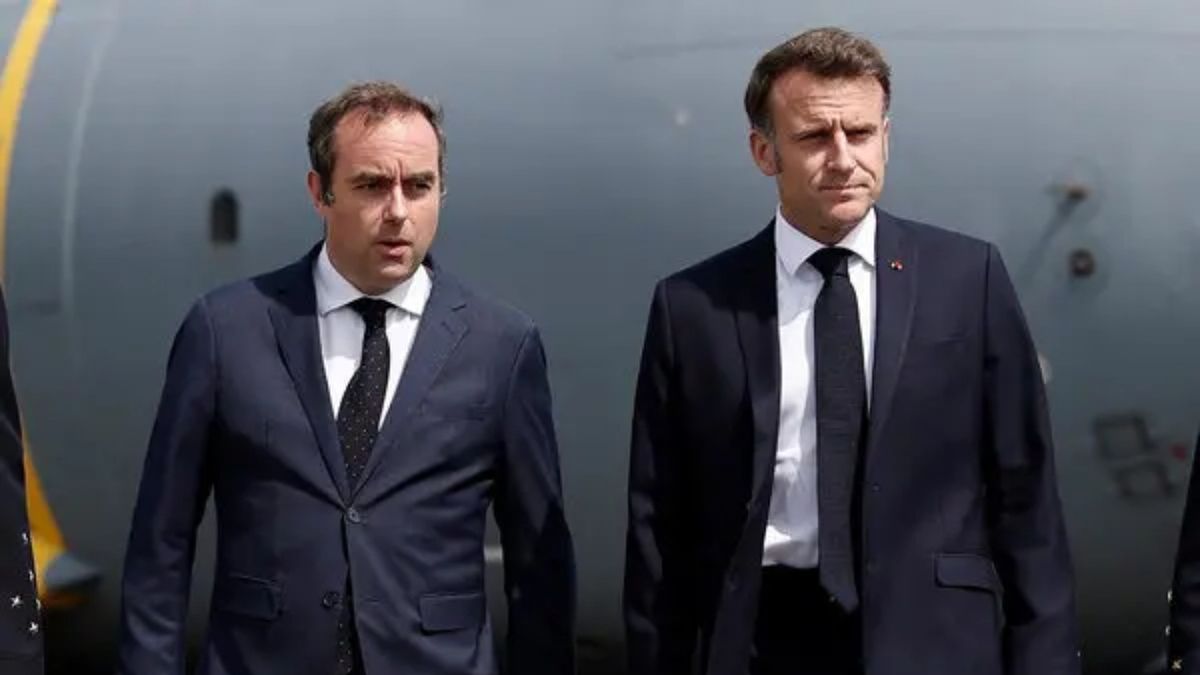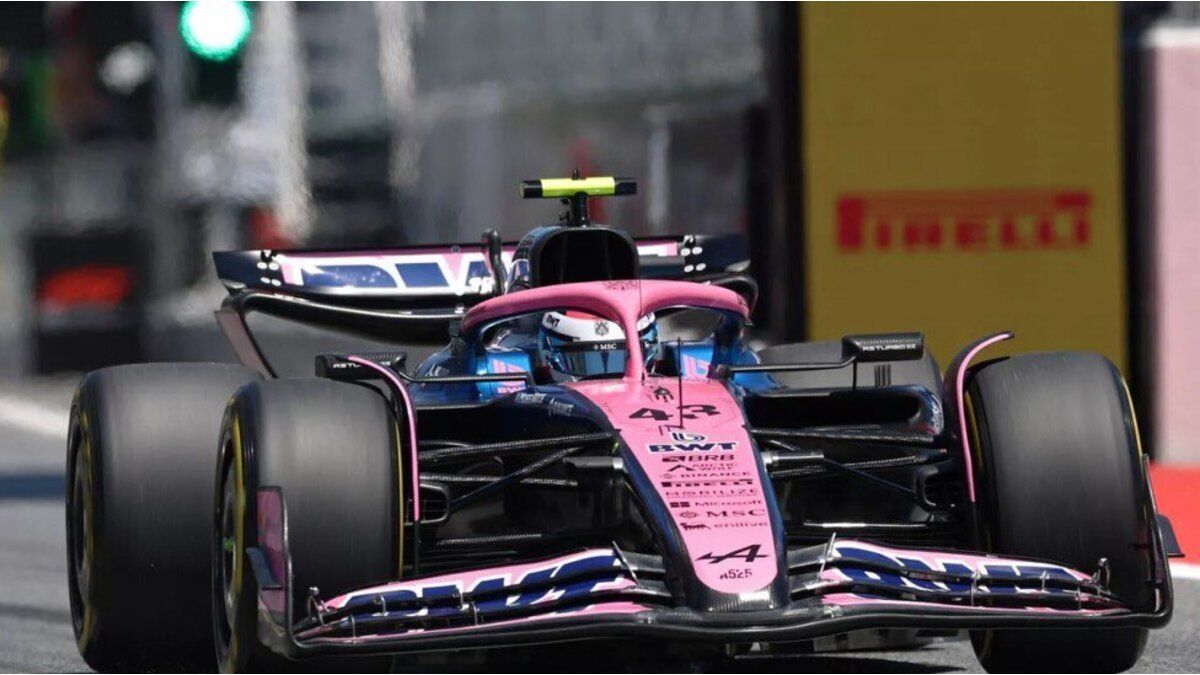He wipes a few tears from the corners of his eyes with the back of his hand. At the age of 67, Willi Reizelsdorfer has experienced a lot. This includes Sabrina Filzmoser’s two European championship titles for the Wels judo teacher and Shamil Borchashvili’s Olympic bronze medal only last year.
But it’s not these big things that touch the well-travelled this time. It’s the small children who frolic in front of him in the Welser Budokan. After the outbreak of war, Reizelsdorfer invited Ukrainian refugees for training. “So that they can find distraction and connect more quickly,” says Reizelsdorfer, and has a bag full of little surprises ready for the children. Among them a teddy bear, which will later be given to the very youngest participant, Swiatek, who is only four years old. “They’re so happy that they think they’ll have to bring something for me next time, even though they have almost nothing themselves.” It is this cordiality that makes the eyes of the veteran coach wet.


The unexpected stroke of luck
Roles are practiced. So it is negligible that some of the almost 30 children do not yet have a kimono. How many Ukrainian children are among them? “Today eight, we were able to welcome around 15 in total, but that changes,” says Reizelsdorfer and says that Upper Austria is a stopover for many refugees. Communication difficulties seem alien to the children. The biggest problem for the seven to eight-year-olds is the unfamiliar belt button. Victor Melenevskiy helps quite nimbly. The 27-year-old, who was once the runner-up European champion in youth, had worked as a youth coach in Kyiv until the outbreak of war. “The fact that Victor came here is an absolute stroke of luck,” says Reizelsdorfer, who was able to win the newcomer over as a coach straight away. “In Kyiv I had two groups of 25 children each,” says Melenevskiy. Despite his English-Ukrainian speech, he leads the training with confidence, the children practically eat out of his hand.
Escape on installments
“Actually, we wanted to leave Ukraine a week before the war broke out to bring our two children to safety,” says Melenevskiy. As the couple sat on packed suitcases, they realized something was wrong with eight-year-old Niki. “The doctor said that he has diabetes and needs to go to the hospital immediately, he could go into a coma tomorrow.” The son could be helped, but when the first rockets hit, the hospital capacity for the wounded was needed. When the car failed to start on their second escape attempt due to a dead battery, it seemed as if a higher power wanted to keep them in Kyiv. They finally managed to escape with a replacement car. In search of a safe haven with medical care, the couple found what they were looking for via a platform in Grieskirchen, where Stefan Einsiedler, himself a doctor and son of fistball great Johann “Sihdi” Einsiedler, offered his home. “That was perfect for us,” said Melenevskiy.


When Einsiedler received the request, he picked up Melenevskiy’s wife and children near Budapest. It took the 27-year-old another week to organize the documents that would allow him to leave the country because of his son’s illness.
The underestimated achievement
Johann Einsiedler not only established the connection to Reizelsdorfer, but also enabled Melenevskiy to start a beginner’s course in Grieskirchen. “After just three training sessions, he already has 20 children. We’ve never had judo in Grieskirchen. I think we have to open a section now,” says Einsiedler. Word of the young trainer’s arrival quickly got around in the judo family. “Most recently I was invited to a training camp in Ulrichsberg. I was also asked to come to Braunau,” Melenevskiy now has a perspective. His wife, who worked independently as a jewelry designer in Kyiv, is also considering setting up something in Grieskirchen. A return is not yet to be thought of.
In the Welser Budokan he demonstrates week after week what is possible together. Appropriately there is a banner on the front door with Sabrina Filzmoser and her quote “I fight for respect and tolerance”. This was the motto of the campaign with which the club won the Austrian Integration Prize four years ago, when judo and German lessons were combined – although it was only small adjustments that made the project a success. “German lessons were too reminiscent of school. When we renamed it vocabulary expansion, it was much better accepted,” says Reizelsdorfer, who has been pushing projects like this for several decades.
The fact that a martial art promotes togetherness may seem irritating at first glance. “Judo is associated with values such as responsibility and courtesy, we live them.” While the health aspect is at the center of the public debate, integration is usually overlooked as a further social benefit of sport, said Reizelsdorfer: “And if we don’t succeed in integration, there will be street fights in Wels in a few years.”
Last but not least, the example of Borchashvili shows the additional benefits that can arise if you pull yourself together – in the truest sense of the word. While fleeing the war in Chechnya, the now Olympic bronze medalist ended up in Wels and found contact in a similar training session. If you look around the Budokan, however, such a great moment seems distant and insignificant. Because it is enough to look into the eyes of four-year-old Swiatek with his teddy bear.
Source: Nachrichten




